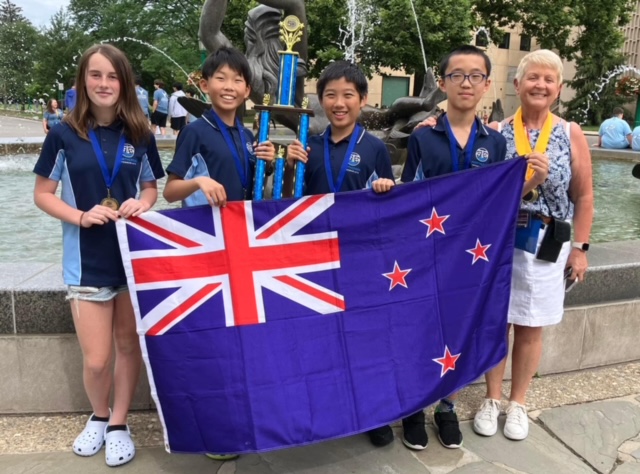Programme Information
Future Problem Solving is a highly regarded and well-researched international educational program that develops creative, critical and caring thinking skills in students from Year 1 – Year 13. Students grapple with global and community issues, identify underlying problems and create positive solutions to those issues. Above all, it aims to give young people the skills to design and promote positive futures as citizens of the 21st Century.
Components of the Future Problem Solving Programme
There are four programme components in Future Problem Solving. In Global Issues Problem Solving and Community Projects, students work in teams or as individuals and in Creative Writing and Storytelling they work as individuals.
There are four programme components in Future Problem Solving. In Global Issues Problem Solving and Community Projects, students work in teams or as individuals and in Creative Writing and Storytelling they work as individuals.

Please click the icons further below to go to information from the Future Problem Solving Program International (FPSPI) website.
PLEASE NOTE: The grade information in the links is incorrect for New Zealand. Our divisions are as follows:
Global Issues Problem SolvingPrimary Division - up to Year 6
JB Division - Year 7
Junior Division - any teams with Year 8 students in them
Middle Division - Years 9 and 10
Senior Division - Years 11 to 13 All Other Components
Junior - up to Year 8
Middle - Years 9 and 10
Senior - Years 11 and 13
PLEASE NOTE: The grade information in the links is incorrect for New Zealand. Our divisions are as follows:
Global Issues Problem Solving
